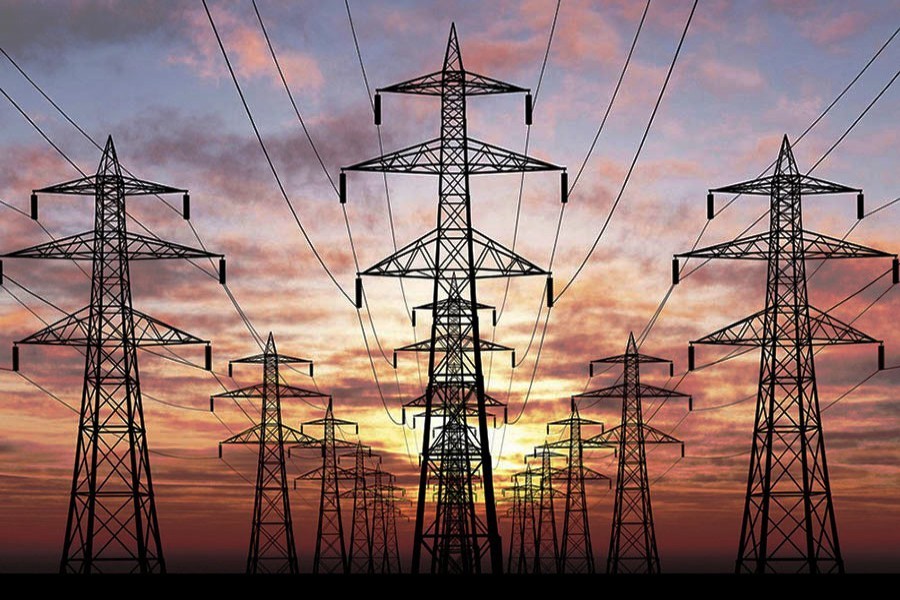The World Bank (WB) conducts a mid-term review of the implementation progress of its ongoing Country Partnership Framework (CPF) with Bangladesh tomorrow (Sunday), officials say.
In the review meeting, the Bank officials will share their initial assessment of the implementation progress with the government officials.
The Bangladesh framework for 2016-20 focuses on three issues-growth and competitiveness, social inclusion, and climate and environmental management.
In the meeting, the WB officials will seek views of the government officials on what the multilateral lender needs to accomplish during the remaining period.
Officials said there is a proposal is for an extension of the current framework until 2021.
The current framework focuses on removing constraints to growth and competitiveness by addressing the infrastructure bottlenecks.
The International Finance Corporation (IFC) of the World Bank is contributing to the implementation of the framework by focusing on building sustainable infrastructure, expanding financial access and inclusion, and improving transport/logistics while seeking the opportunities for promoting climate-smart solutions.
The framework document said Bangladesh has sustained impressive growth rates over the last decade, fuelled by a young population, jobs in manufacturing, increased agricultural productivity, and remittances from overseas workers.
But it will need to grow even faster in order to create enough jobs for the 2.0 million new workers-male and female-stepping into the labour force each year.
Increasing investments and jobs in the private sector will require Bangladesh to undertake a broad set of reforms to further enhance competitiveness.
To support this, the Bank's activities are seeking to remove barriers to growth like increasing electricity supply, improving transport connectivity, expanding financial intermediation, and creating an environment conducive to doing business, among others.
During the current period, the Bank's activities are also focusing on social inclusion like workers' productivity, protection of the poor, expanding health and education services to the poor, with special attention to girls, and in creating work opportunities for women.
The framework also focuses on climate and environment management, improved transport connectivity, enhancing business environment and trade facilitation, and increased financial intermediation, among others.
A senior official at World Bank Dhaka office told the FE on Friday that Bangladesh has already secured the commitment of a record support from the multinational lender under the IDA 18 package.
The package is scheduled to finance projects from July 2017 to June 2020, but within 1.5 years the WB board committed to lending $4.4 billion to Bangladesh.
Now, the WB board is looking for low-utilisation region, where money remains unutilised, which can be redirected to Bangladesh, he said.
He also said during the current framework period, Bangladesh could make significant progress in education and health sector, though more attention needs to be paid to the energy sector.
Education and health sectors have so far got increased allocation.
The official said some un-anticipated issues like Rohingya need to be included during the review of the framework, a document prepared back in 2016.


